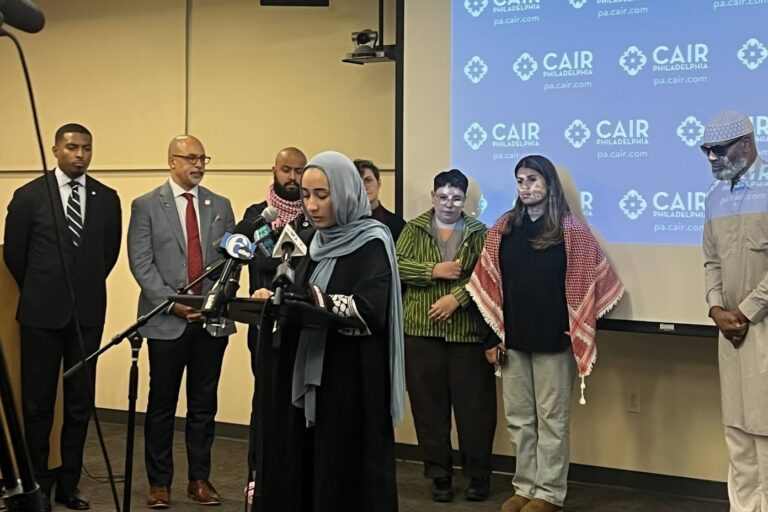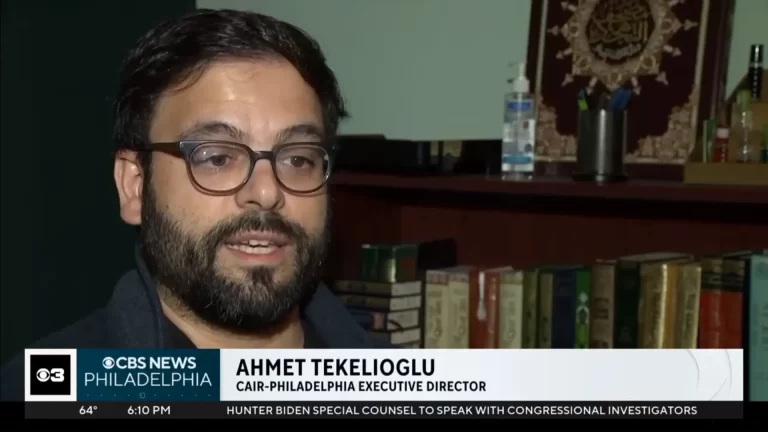
by John Craven
69 News/WFMZ
Should religious law have any place in Pennsylvania courtrooms? One state lawmaker says no, and she’s pushing a bill in Harrisburg to ban them.
State Rep. RoseMarie Swanger, R – Lebanon Co., said she’s only trying to protect women’s rights in divorce and custody cases, but interfaith leaders claim the bill is vague and violates their religious rights.
“This proposed legislation is simply unconstitutional,” said Amara Chaudhry, an attorney and civil rights director for the Philadelphia Council on American-Islamic Relations (CAIR).
Jewish and Muslim leaders held a news conference Wednesday to protest the bill.
Swanger’s bill would ban Pennsylvania courts from considering any “foreign or religious code” that doesn’t afford the same rights as the U.S. Constitution.
“Under some foreign law, some women have very little right as far as custody of children,” said Swanger. “Some foreign law says there’s no question, the father will always get custody of the children.”
Religious leaders argue the bill is vague.
“The term used by the bill ‘foreign law’ seems to be pretty vague,” said Ben Davis, Outreach Director for the Jewish Federation of the Lehigh Valley.
Davis and others said the law, if passed, could lead to unintended consequences.
“Some examples would be the labelling of kosher food, laws related to performing autopsies on Jewish people, and laws related to divorce and other civil matters,” he said.
“In a rush to villainize Muslims, those backing these bills just aren’t thinking through the ramifications,” added Philadelphia Rabbi Linda Holtzman.
Five states have already passed similar laws; CAIR successfully blocked a similar bill in Oklahoma last year. Sixteen other states, including New Jersey, have rejected such laws.
Religious leaders accused Swanger of targeting Mulisms for discrimination. In a memo distributed to Pennsylvania House members, she called Muslim law “hostile” to the American constitution.
“When I saw this memo right here, I was stunned,” said Chaudhry. “As a lawyer, you seldom see such direct evidence of discriminatory purpose, particularly in a public document.”
“That’s ridiculous,” countered Swanger. “Here in America, we have rights and everybody should have those rights. I don’t care if you’re an atheist or a Muslim, a Jew, anybody.”
Opponents also said the law isn’t even necessary. Swanger could not provide specific examples of religious law altering a court case’s final outcome, although national proponts haved noted rulings that were later overturned on appeal. Several divorce attorneys told us they’ve never seen it happen either.
Pennsylvania House Bill 2029 is currently in the Judiciary Committee. Read the text of House Bill 2029.





